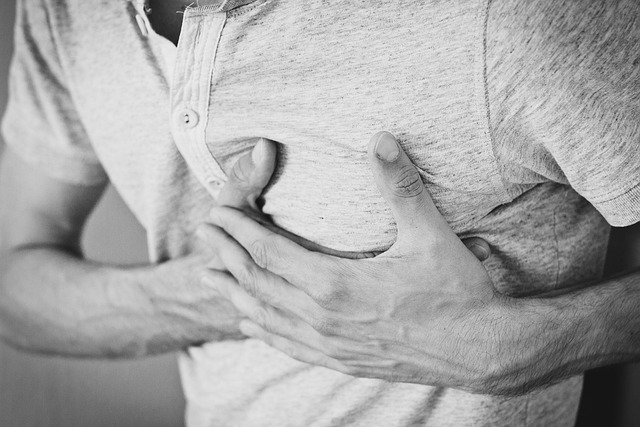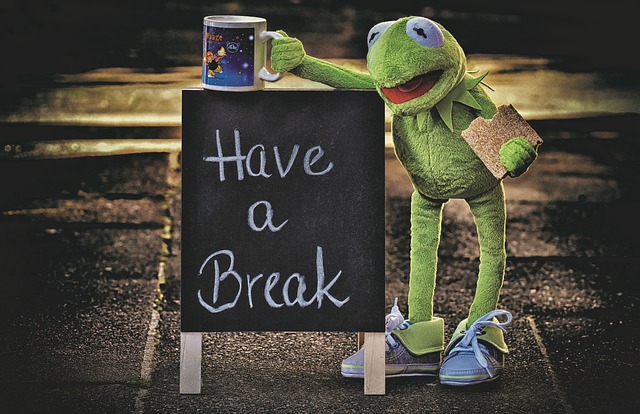Feeling emotional pain in the heart, as though it’s a physical wound, is a deeply human experience. This sensation occurs because our brains and bodies are intricately connected. Emotional distress—whether it’s from sadness, loss, rejection, or stress—can manifest as physical sensations, including tightness, heaviness, or even a sharp ache in the chest. Here’s why this might happen:
1. The Heart-Brain Connection
The heart and brain communicate constantly through a network of nerves. When you experience emotional pain, your brain interprets it as a threat, activating your stress response. This can lead to physical changes like increased heart rate, tension, or a constricted feeling in the chest.
In moments of heartbreak or intense stress, the vagus nerve, which connects your brain to your heart, can amplify these sensations, making emotional pain feel like it’s centered in your chest.
2. Your Body’s Alarm System
Emotional pain can trigger your fight-or-flight response, releasing stress hormones like cortisol and adrenaline. These chemicals can cause your chest muscles to tighten and your heart to work harder, creating a physical sensation that mirrors the emotional struggle.
3. Unprocessed Emotions
Sometimes, when emotions are overwhelming, they’re not fully processed mentally. Instead, they linger and take up space in the body. This can feel like a “wound” in the heart because the emotions haven’t been expressed or resolved.
4. The Broken Heart Syndrome
In rare cases, extreme emotional stress can cause a condition known as stress-induced cardiomyopathy or “broken heart syndrome.” This condition temporarily weakens the heart, mimicking symptoms of a heart attack. While it’s usually reversible, it shows how deeply our emotions can impact us physically.
What Can You Do to Alleviate This Pain?
-
Acknowledge Your Emotions
Allow yourself to feel what you’re feeling without judgment. Writing about your emotions, talking to someone you trust, or expressing them creatively can help process the pain. -
Practice Self-Compassion
Treat yourself gently, as you would a dear friend. Remind yourself that this pain is a sign of your depth and capacity to care, even if it hurts right now. -
Use Grounding Techniques
Engage in practices like deep breathing, placing your hand on your chest, or focusing on the sensations around you to bring yourself back to the present moment. -
Seek Connection
Emotional pain often lessens when shared. Reach out to someone who can offer support, whether it’s a friend, family member, or therapist. -
Move Your Body
Gentle movement, like walking, yoga, or stretching, can help release tension stored in the chest and provide relief from physical symptoms.
When to Seek Help
If the pain is persistent, overwhelming, or interfering with your daily life, consider seeking professional support. A therapist can help you work through the emotional root of the pain, while a doctor can rule out any physical causes.
Remember, the fact that you feel deeply is a testament to your humanity. While the pain may feel all-consuming now, it is not permanent. Healing happens step by step, and even the most intense emotional wounds can become part of a larger story of growth and resilience.













